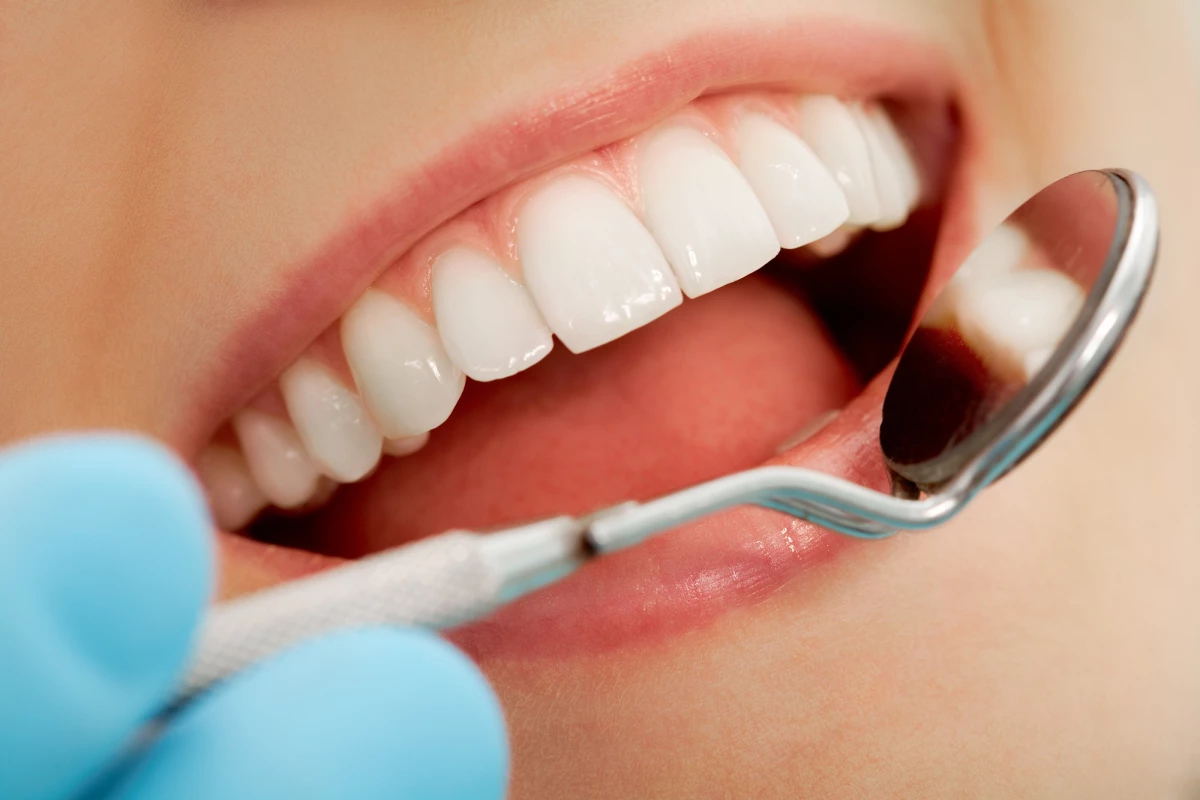The neurodegeneration associated with Alzheimer’s disease can often take 10 or 20 years before clinical signs of cognitive decline become apparent. Identifying these early preclinical stages of Alzheimer’s is still very much a challenge to researchers. One hypothesis, slowly building an intriguing body of evidence, suggests periodontal disease could be an early causal contributor to Alzheimer’s neurodegeneration.
A new study is adding weight to that hypothesis, finding a strong relationship between bacterial imbalances in the oral microbiome and a key biomarker of Alzheimer’s. While previous research has shown links between Alzheimer’s and gum disease, this new research focused on the relationship between cerebrospinal fluid amyloid beta levels and volumes of different bacterial species in cognitively healthy older adults. The toxic accumulation of a protein called amyloid beta in the brain is one of the key pathological signs of Alzheimer’s neurodegeneration.
The new study recruited 48 cognitively healthy subjects over the age of 65. Cerebrospinal fluid (CSF) levels of amyloid were matched against bacterial samples taken from under the gums. Low CSF levels of amyloid are known to correlate with increased brain amyloid accumulations.
The results revealed those subjects with signs of higher levels of amyloid deposits in the brain were more likely to have an imbalance in their gum bacteria populations. Greater volumes of harmful oral bacteria, such as Prevotella, Porphyromonas, and Fretibacterium, correlated with lower levels of amyloid in CSF.
“To our knowledge, this is the first study showing an association between the imbalanced bacterial community found under the gumline and a CSF biomarker of Alzheimer’s disease in cognitively normal older adults,” says lead author on the new study, Angela Kamer.
Kamer says her team’s findings suggest the relationship between Alzheimer’s disease and the oral microbiome is not dominated by a single bacterial species but a broader "imbalance" between good and bad bacteria.
“Our results show the importance of the overall oral microbiome – not only of the role of ‘bad’ bacteria, but also ‘good’ bacteria – in modulating amyloid levels,” adds Kamer. “These findings suggest that multiple oral bacteria are involved in the expression of amyloid lesions.”
Senior author on the new study, Mony J. de Leon, notes the causal relationship between oral bacteria and neurodegeneration is still unclear. Animal studies have suggested periodontal disease can amplify inflammatory conditions in other parts of the body but more research is needed to unpack whether bacteria in the mouth can directly cause brain diseases such as Alzheimer’s.
“The mechanisms by which levels of brain amyloid accumulate and are associated with Alzheimer’s pathology are complex and only partially understood,” says de Leon. “The present study adds support to the understanding that proinflammatory diseases disrupt the clearance of amyloid from the brain, as retention of amyloid in the brain can be estimated from CSF levels.”
The research team hopes to home in on this association between oral bacteria and brain amyloid accumulation in future studies. A clinical trial is currently being planned to investigate whether rigorously removing plaque and tartar around the gums can directly reduce, or even prevent, brain amyloid build-up.
The new study was published in the journal Alzheimer’s & Dementia: Diagnosis, Assessment & Disease Monitoring.
Source: NYU




